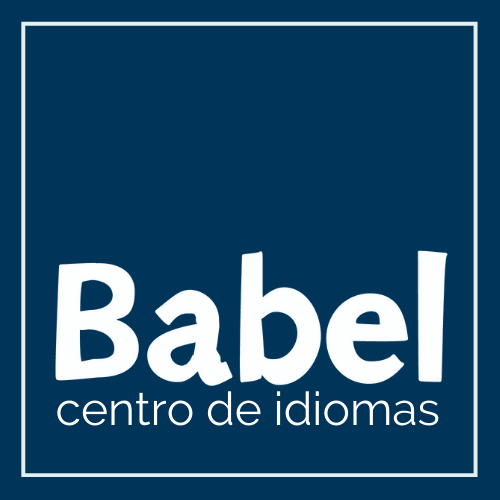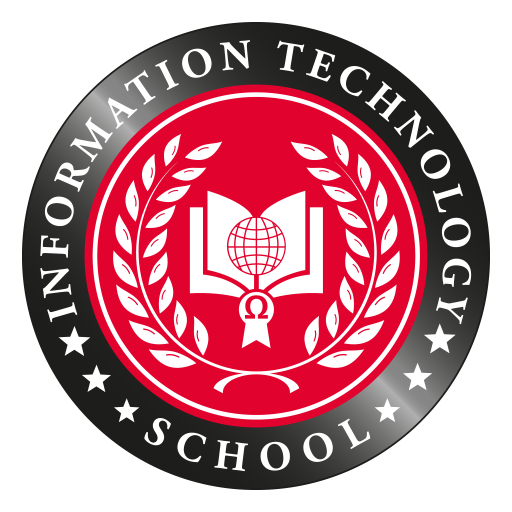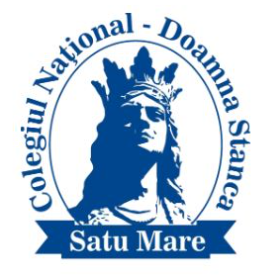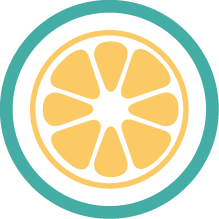About Us
Multilingualism has been identified as playing a key role in fostering mobility and linguistic diversity in the EU by the European Commission’s article “About multilingualism policy” (link) and the Council Recommendation on Key competences for Lifelong Learning (link).
Language learning is therefore one of the top educational priorities in the EU, calling for innovative, inclusive and multilingual teaching methods allowing for students to speak two additional languages to their mother tongue.
Language learning is a discipline that calls for regular practice and immersion in order to develop the four main language skills, namely: reading, listening, writing, and speaking.
Language teachers are always on the lookout for innovative activities allowing them to work on those skills with their students.








